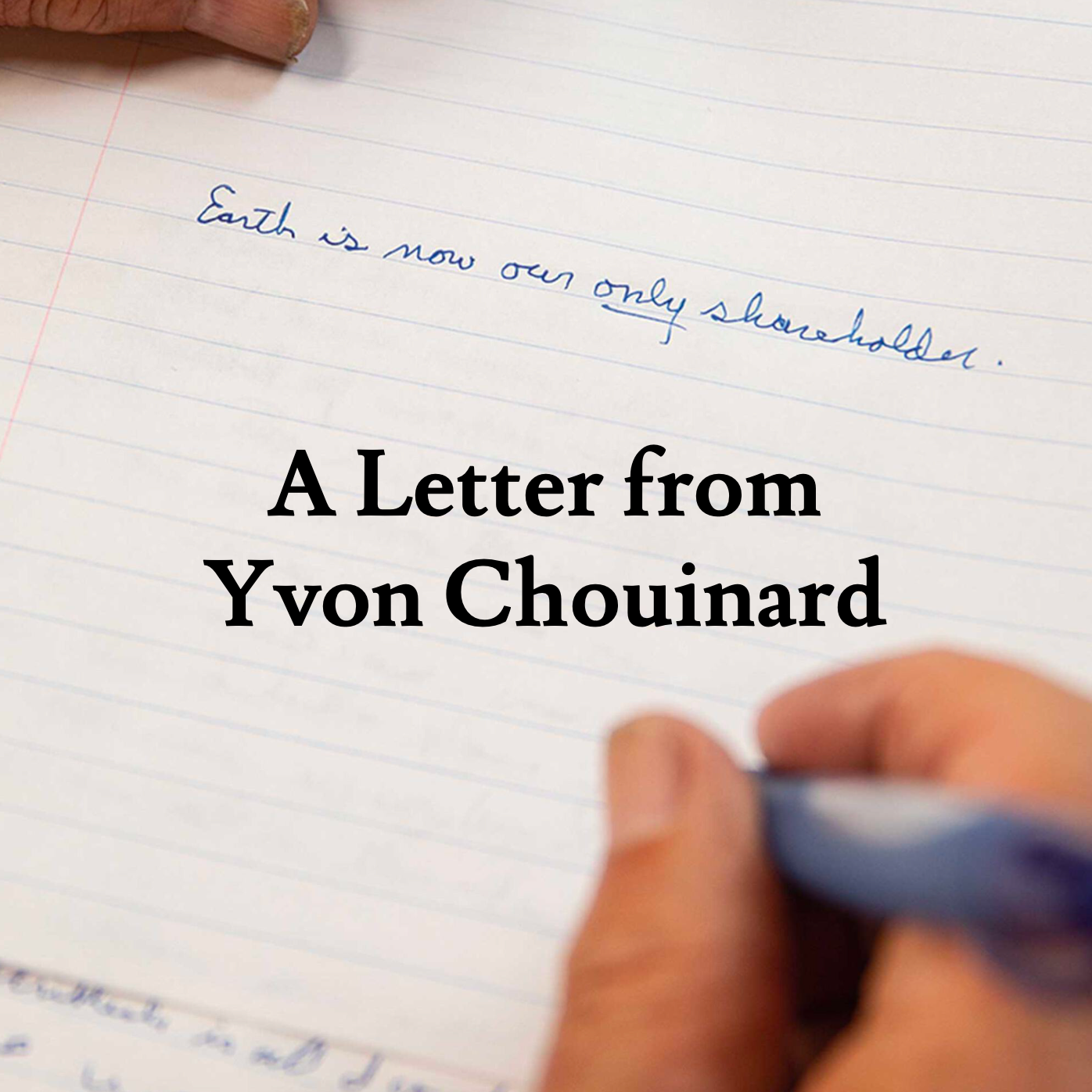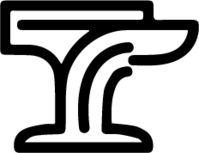This time, he’s been travelling in the fine company of his new book, Always Was, Always Will Be, which he began writing in the aftermath of the failed Voice referendum.
“I went home broken-hearted. I had some time with my family, went out fishing and doing the things that I love,” he says. “But I had the question asked a lot, and pretty quickly — what's next, Thomas? How do we find hope from here? What can we possibly do?
“It felt like we were set to go backwards then because the proponents of the ‘no’ case were using the referendum as an excuse to say that there shouldn't be any recognition at all. No acknowledgements to Country, or welcome to Country. They wanted to cancel treaty processes. I felt it was my duty to write this book. I knew people needed it.”
Always Was, Always Will Be is essential reading for anyone who’s asked, “What happens next?” Part history lesson, part activist handbook — it amplifies powerful stories of hope and leadership, traversing complex cultural and political terrain, and confronting Australia’s long history of injustice head-on. But most of all, it’s a clarion call for hope and action in these uncertain times.
Today, as the world spins and turns in new and dangerous ways, as our climate heats up and the headlines fill with a litany of division, atrocities and the blunt consequences of unchecked human greed, Thomas Mayo’s message is more important than ever.
“Politics matter,” Thomas writes. “Politics is in everything we do, even when we choose to do nothing.” Here in Australia, as we prepare for our next major collective decision about the future, in the form of a federal election, his practical roadmap of actions could not be more timely. The last section of Always Was, Always Will Be is essentially the concise beginnings of a toolbox for change, a collection of important things to learn and real-world actions for people to pick up and make their own.
“I'm an organiser,” Thomas explains. “I want people to have the tools they need to get out there and exponentially build a movement. The last part of the book is that practical part. There's resources for people, but there's also a formula to achieve justice and recognition for Aboriginal and Torres Strait Islander people, to help people understand where they fit into this. Just because the referendum failed doesn't mean our campaign is over. You don't win every campaign. So, we continue.”
Thomas speaks of Australia, and our place in the world, in saltwater terms — as akin to the intricate ecology of a tropical reef, an extraordinarily complex web of life where everything is connected. For the reef to thrive, every living thing must play its part. But if this fine ecological balance is broken, and some things act in their own interests, taking more than their share, then the ecosystem will ultimately fail. We are all connected. We are all a part of nature, not separate from it. Thomas believes that collective community action is a way to restore this balance.
“Whether it's about sea Country or freshwater Country, jungle or forest Country, there are a lot of similarities in Indigenous culture about sharing, and about caring for Country,” he says. “The reef analogy that I use is something that comes from Indigenous understanding — how everything's got its place, and everything has its importance to each other. Whether you're from saltwater Country or desert Country, you're actually still linked. How we look after that Country matters for all of us.”
Thomas leans back into the wind. He looks out across the slow-moving water of the creek, a pack of kiddoes fanging it past us on their treadlies, the late arvo sun on the moonah leaves and the great scudding clouds flying high above us. He speaks of hope. He speaks of the future, and what must happen next.
“My biggest dream is that we have a nation where there isn't this gap between Indigenous and non-Indigenous people anymore — that our children should enjoy the same opportunities and the same expectations of a good life. I don't think it's too much to ask for. But the only way that we are going to achieve that is if people find some vigour in their support and their advocacy. It starts with understanding, yourself, and then having the courage to put your arm around others and help them to understand as well.”
Thomas Mayo travelled to Wadawurrung Country to speak about his book Always Was, Always Will Be. He was formally welcomed to Country by Wadawurrung man Ash Skinner at a special community event — featuring Aunty Fay Muir, Julie Saylor Briggs and Jordie Campbell — coordinated by the Surf Coast For Reconciliation Group.




















